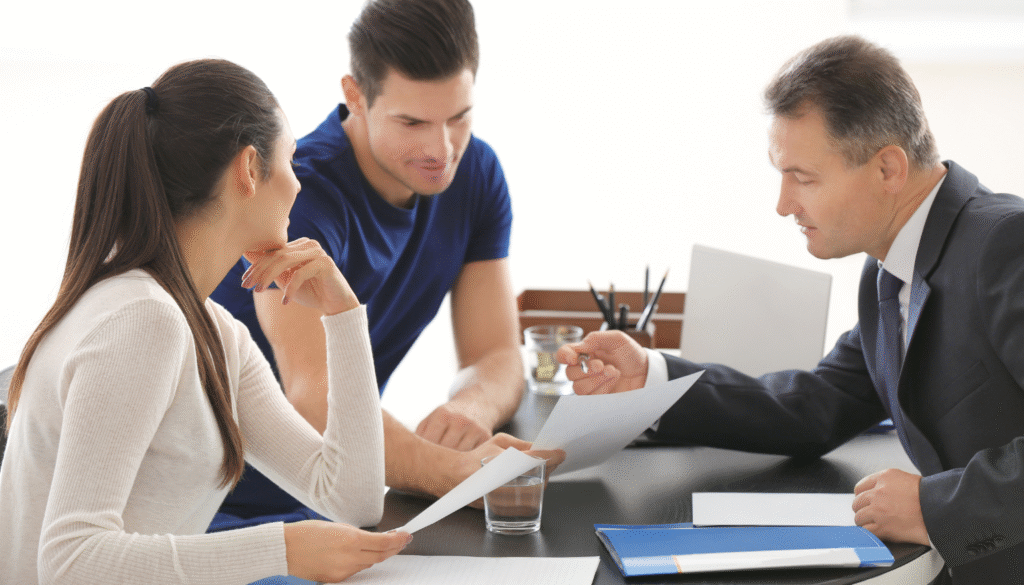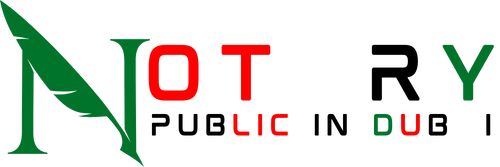Introduction
Notary public verification plays a crucial role in maintaining the integrity and authenticity of legal documents across various sectors. Whether it is for personal, corporate, or international purposes, verifying documents through a notary public ensures that the paperwork is legally recognized and accepted by official entities. Notary public verification involves a neutral third party who confirms the identities of the parties involved and witnesses the signing process to eliminate any chances of fraud or misrepresentation. This process is especially important in real estate transactions, power of attorney documents, affidavits, business agreements, and more.
In a world where fraudulent documentation is on the rise, notary public verification adds a vital layer of trust and credibility. Many government and private institutions require notarized documents for processing applications, validating agreements, or approving legal claims. Hence, notary public verification is not just a formality but a necessary step in the validation of legally binding documents. The notary ensures that all parties understand the contents of the documents they are signing, and that they are doing so willingly. This impartial oversight creates legal certainty and strengthens compliance with applicable laws. Without proper verification, documents may be rendered invalid or challenged in legal proceedings, making the role of the notary public indispensable in the legal framework.
The Process of Notary Public Verification
The process of notary public verification is systematic and follows strict legal protocols to maintain the highest standards of authenticity. It begins with the presentation of valid identification documents by the individual or parties seeking notarization. The notary public checks the IDs to confirm identity and ensures that the signatories are of legal age, mentally competent, and not under duress. Following this, the document to be verified is reviewed thoroughly. The notary ensures that the document is complete, free from blank spaces, and accurately reflects the intention of the parties involved.
In some cases, the notary may also administer an oath or affirmation if the document is an affidavit or statutory declaration. Once these steps are completed, the signatory signs the document in the presence of the notary. The notary then affixes their official stamp or seal, along with their signature and the date of notarization. This stamp serves as a symbol of the document’s verification and official acceptance. In many jurisdictions, details of the notarization are also entered into an official notary log for recordkeeping purposes. This process ensures that the document is tamper-proof and legally valid. Notary public verification thus provides assurance that all formalities were adhered to, the parties involved were properly identified, and the signing process was conducted with transparency and legality.
Why Notary Public Verification Is Legally Required
Notary public verification is not just a legal formality—it is a mandatory requirement in many cases to meet legal, financial, or governmental standards. Various institutions require notarized documents as proof of the legitimacy of an agreement or declaration. For instance, embassies, consulates, and immigration offices often reject documents that are not properly verified by a notary public. Banks and financial institutions rely on notarized power of attorney or loan agreements to ensure that authorization has been lawfully granted. In court systems, documents like affidavits, witness statements, and declarations must be notarized to be admissible as evidence.
The requirement for notary public verification helps prevent misuse, coercion, and forgery. It serves as a safeguard for the parties involved and ensures the enforceability of agreements. In business transactions, especially those involving cross-border deals, notarized documents are crucial for due diligence and compliance. The legal system recognizes the role of the notary public as an unbiased witness who ensures that legal standards are upheld during documentation. Without notary public verification, the enforceability and legitimacy of documents could be questioned or rejected altogether. Hence, governments and legal institutions uphold notary public verification as a critical requirement to validate transactions, declarations, and legal instruments. It maintains uniformity, transparency, and trust in the legal ecosystem.

Types of Documents Requiring Notary Public Verification
Notary public verification is required for a wide range of documents depending on the legal, business, or personal context. Commonly notarized documents include power of attorney, which grants authority to act on behalf of another person; affidavits, which are sworn statements used in court; and statutory declarations, often used in administrative or legal proceedings. Real estate documents like sale deeds, lease agreements, and mortgage documents also require notarization to be legally binding and recognized by authorities.
In corporate settings, business contracts, shareholder agreements, board resolutions, and Memorandums of Understanding (MoUs) must often be notarized to be enforceable. Additionally, academic documents such as transcripts, diplomas, and letters of enrollment are frequently notarized for international education or employment purposes. Adoption papers, marriage certificates, divorce decrees, and other civil documents also undergo notary public verification for use in foreign jurisdictions or government processes. Notarization is also required for documents involved in immigration applications, visa submissions, and embassy certifications. In many cases, the lack of proper notary public verification can lead to delays, rejection, or legal complications. Therefore, identifying which documents require verification and ensuring they are correctly notarized is essential for both individuals and businesses. It ensures seamless processing, legal acceptability, and compliance with the rules of the destination country or institution.
Choosing the Right Notary Public
Selecting a qualified and reliable notary public is essential for effective notary public verification. The notary must be officially licensed, recognized by the relevant legal authority. And experienced in handling the specific type of documentation required. It is crucial to choose a notary who understands both local and international documentation standards, especially when the documents will be used abroad. Verifying the credentials of the notary public. Such as license number, certification, and areas of expertise, adds a layer of confidence in the process. The best notaries offer clear guidance on what is needed for verification. From required identification to document formats and language requirements.
Some notaries provide mobile or online services, making the process more convenient and accessible for clients who may be unable to visit an office. Professional notary services also ensure that all documentation is checked for errors, legal terminology is accurately presented, and every legal requirement is met. Incomplete or improperly notarized documents can lead to delays, rejections, or legal disputes. Therefore, choosing a notary public with attention to detail, legal knowledge, and professional ethics is vital. A good notary goes beyond stamping a document—they ensure compliance, legal sufficiency, and protection for all parties involved. Investing in the right notary public verification service helps eliminate risks and ensures a smooth legal process.
The Growing Demand for Notary Public Verification
The demand for notary public verification services has increased significantly due to globalization, cross-border transactions, and the growing emphasis on legal compliance. Individuals and businesses frequently require verified documents for immigration, education, real estate, legal proceedings, and international trade. With the rise in digital and remote work, there is also a growing need for online notarization services. Especially for clients residing abroad or those managing international legal matters. Governments, educational institutions, and corporate entities have made notary public verification a mandatory prerequisite for processing applications or certifying legal claims. As documentation requirements become more complex and jurisdiction-specific, clients are seeking professional services that offer end-to-end support in document preparation, review, and notarization.
Moreover, international embassies and consulates often require notarized documents as part of legalization or attestation processes. The increasing awareness of legal procedures and the consequences of unverified documents have also contributed to the rising demand. People are becoming more proactive in ensuring their documents meet the legal standards required by various institutions. In this landscape, notary public verification serves as a critical tool for protecting rights, enforcing agreements, and avoiding legal challenges. As industries and individuals continue to operate in a highly regulated environment, the need for reliable, timely. And compliant notary public verification services continues to grow rapidly.

Conclusion
Notary public verification is more than just a legal requirement—it is a vital step in ensuring the credibility, legitimacy. And acceptance of your documents in both local and international contexts. From protecting your rights to preventing fraud and fulfilling legal obligations. Notary public offers peace of mind in today’s complex legal environment. Whether you’re handling personal legal matters, business contracts, or preparing documents for use abroad, professional notary services are essential. Our team offers expert, certified, and timely notary public tailored to your unique needs.
With a strong understanding of legal standards, documentation formats, and client confidentiality. We ensure a seamless verification process that eliminates risks and supports your goals. Don’t take chances with unverified documents—partner with trusted professionals who understand the value of legal compliance and precision. Contact us today to ensure your documents are properly verified and legally recognized. Let us handle the complexities so you can focus on what matters most.
